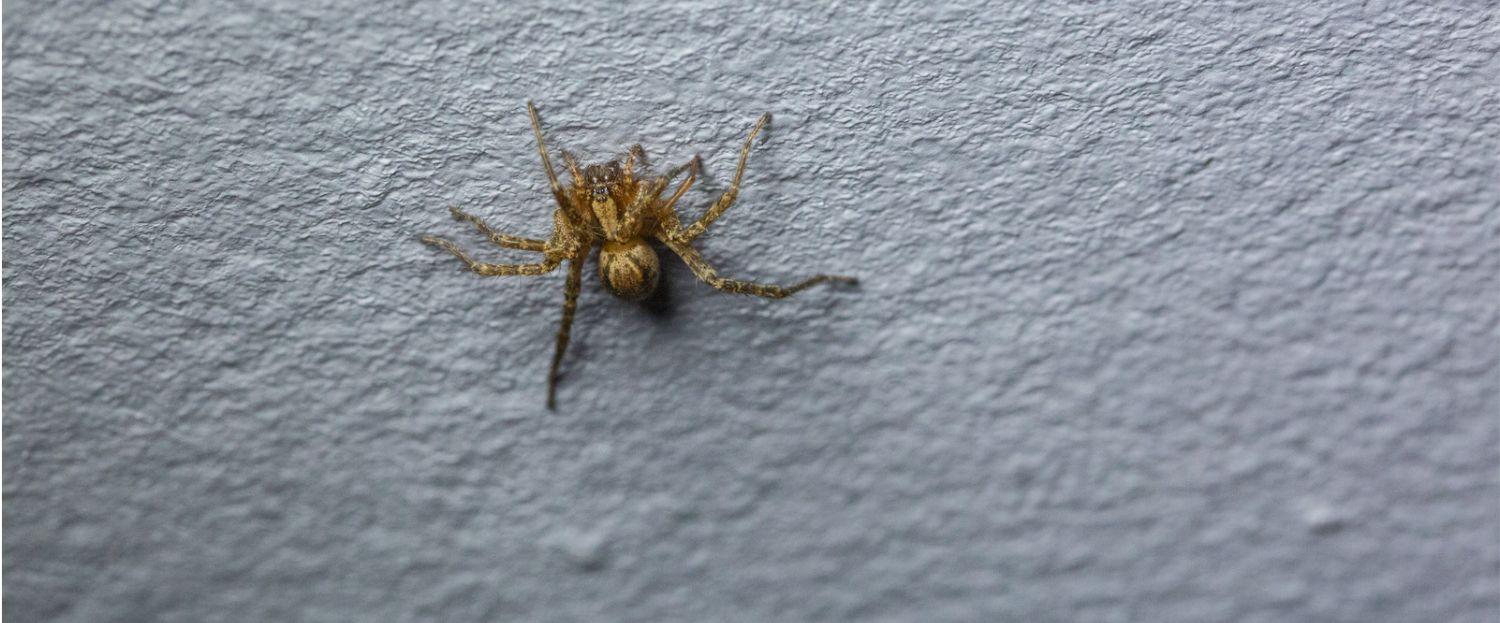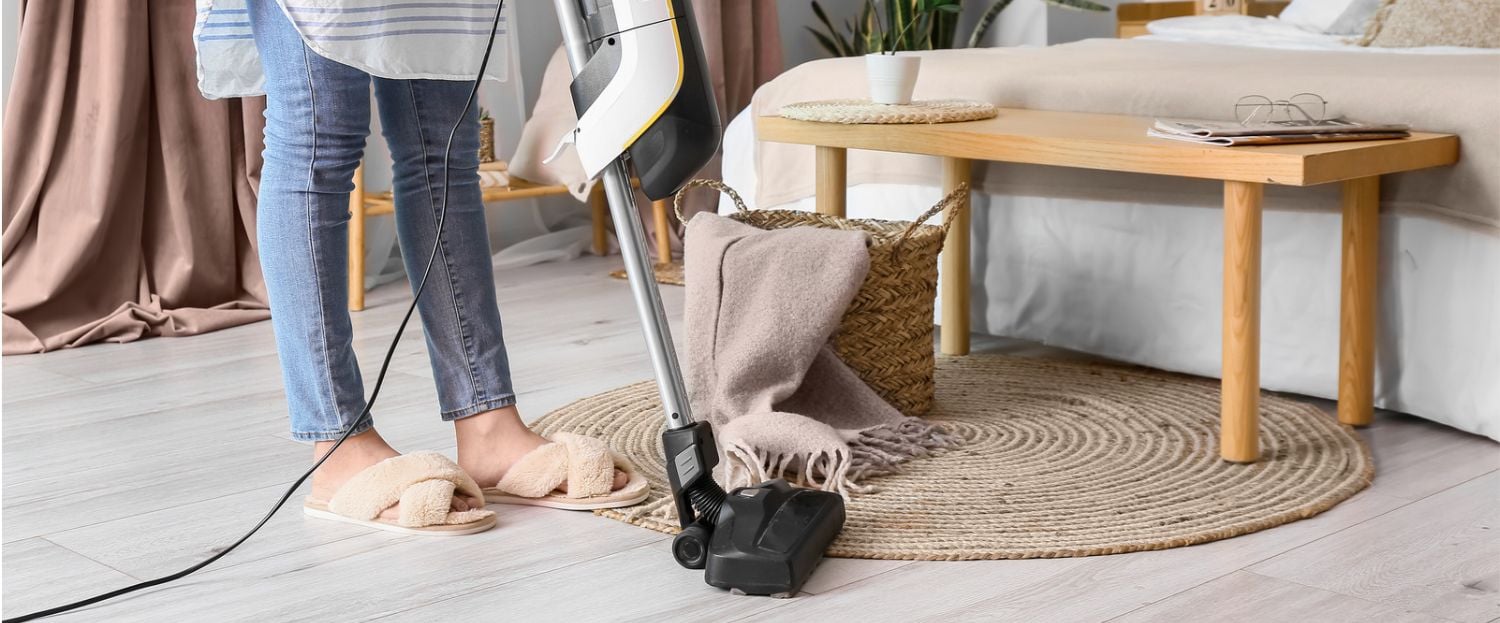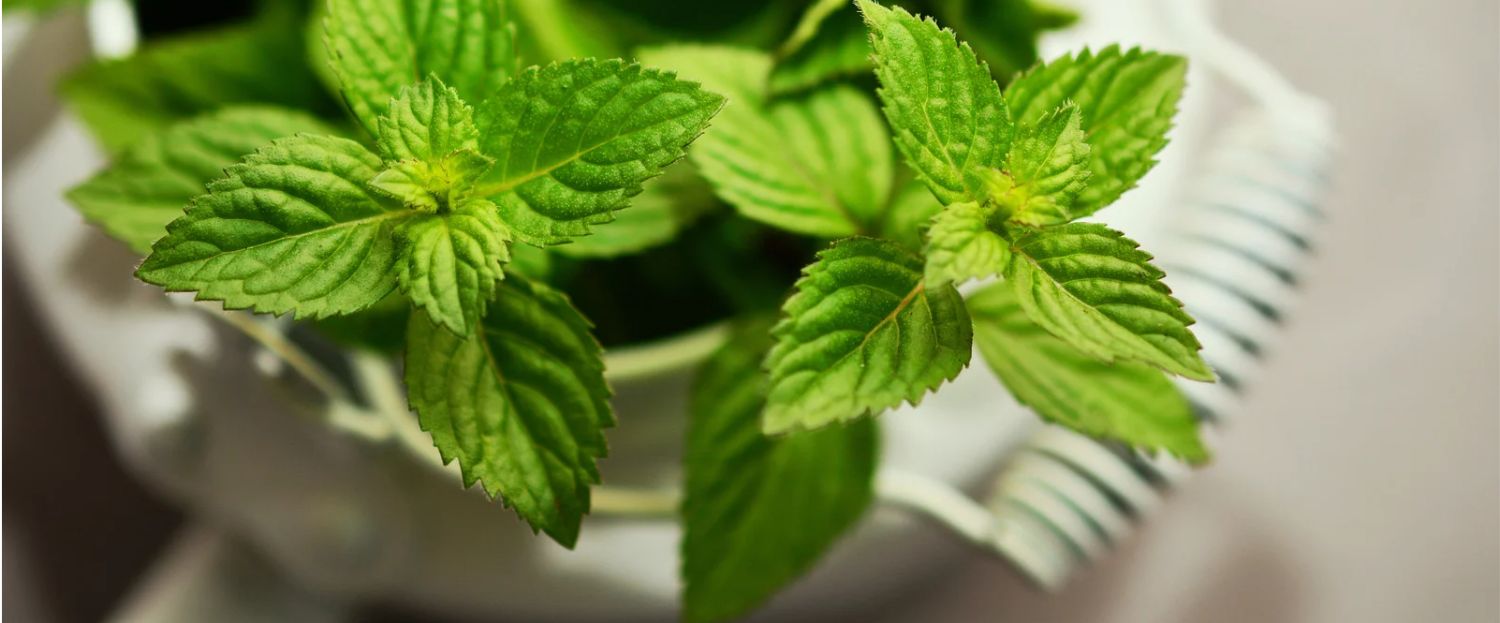Do Spiders Keep You Up at Night?
Let's address the elephant in the room: spiders. If you're like most people, the question "how to keep spiders away while sleeping" might often keep you awake at night. Most of us don't want these creepy crawlers anywhere near us, especially when trying to sleep. But don't worry, resorting to harmful chemicals or extreme measures isn't necessary. In fact, there are some simple tips and tricks, including the use of natural spider repellent, that can help deter them from your sleeping space.
First, let's dispel a common myth. You may have heard that the average person swallows eight spiders a year while sleeping. This myth has been proven to be untrue on multiple occasions - it's just an unfounded urban legend. Instead of worrying about spiders, it's more critical to understand how to keep spiders out of your room.
Why do spiders come out at night? Well, it's not because they are attracted to humans. Rather, spiders are attracted to insects. So, if your home becomes a haven for bugs, you may be inadvertently inviting spiders in. Keeping your home clean and free of clutter can help prevent spiders from making themselves comfortable.
Remember, spiders are more afraid of you than you are of them. By taking a few simple steps to deter them, you can sleep soundly knowing that you won't be sharing your bed with any unwanted eight-legged guests.
Seasonal Spider Sightings
Have you ever wondered why you seem to encounter more spiders in your home during certain times of the year or even specific hours of the day? Well, there's a reason for that.
Spiders are most active at night, and they're often on the hunt for their prey (insects) while we're fast asleep.
In general, you'll see an increase in spider sightings during late summer and early autumn. This is because spiders love warm temperatures, which means they become more active as they search for food and mates during these seasons.
Night-time Spidey Encounters
Sure, spiders prefer darkness over light since many insects are attracted to artificial lights at night - making them easy pickings for our eight-legged friends. Despite this, you need not worry about your bedroom becoming a spider-infested nightmare when the lights are off.
Why Are Spiders Attracted to Your Home?
- Insects: As mentioned earlier, spiders prey on insects. So if your home has plenty of bugs buzzing around, chances are high that it'll attract spiders too.
- Warmth and Shelter: Spiders don't just love warm temperatures; they also need a safe place to hide from predators. Your home provides the perfect environment for them to thrive in.
While you might encounter more spiders during certain seasons or at night, there are ways to prevent these unwanted guests from entering your bedroom.
Tips and Tricks to Keep Spiders Away While Sleeping








